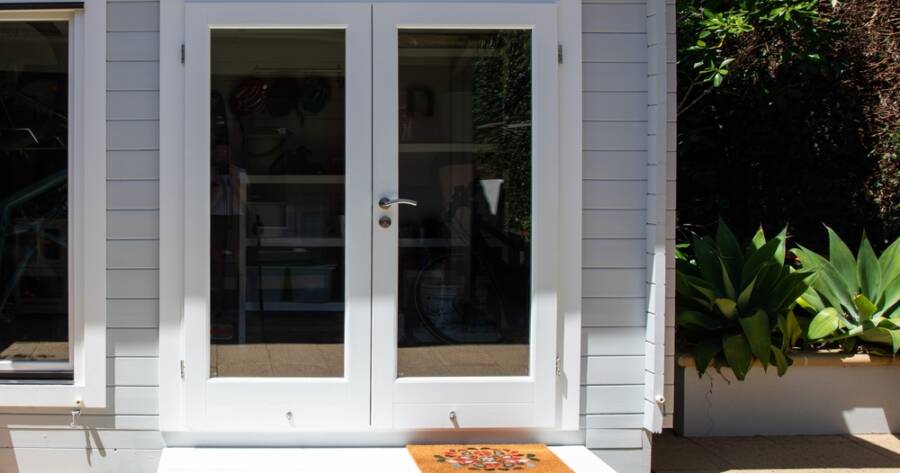Granny pods, or accessory dwelling units, present a modern solution for senior housing, merging proximity to loved ones with independence. Adaptable units offer safety features and customization, proving to be economically viable alternatives to nursing homes. Legal logistics and social benefits highlight their appeal, making them worth considering for enhancing seniors’ quality of life.
Granny Pods: Perfect For Elderly Loved Ones
Granny pods, also known as accessory dwelling units (ADUs), provide an innovative solution for housing elderly loved ones. These small, detached homes offer independence and privacy for seniors while maintaining proximity to family members who can provide support.
By placing these units in a family’s backyard, they present a compelling alternative to nursing homes, allowing seniors to live comfortably near loved ones while maintaining some degree of independence.
Features and Customization
Designed to meet the unique needs of seniors, granny pods are equipped with safety and accessibility features such as slip-resistant floors, wide doorways, and rounded countertops. Additionally, some models integrate advanced medical technology for added peace of mind in case of emergencies.
Customization options are plentiful, allowing families to tailor the units with features like wheelchair access, grab bars, and voice-controlled technology to suit their loved one’s needs and promote their independence.
Cost and Economic Benefits
The cost of installing a granny pod can range from $100,000 to $250,000, but this investment is often more economical compared to the continuous expense of assisted living or nursing home care. They can significantly reduce long-term care costs while potentially boosting property value. With an emphasis on independence and reduced living expenses, granny pods are a financially attractive option for families looking to support aging relatives.
Legal Considerations and Zoning Regulations
A critical aspect of installing a granny pod involves navigating legal considerations and zoning regulations. These include connecting the unit to existing sewer, water, and power lines, as well as adhering to local zoning laws and homeowner association agreements.
Conducting thorough research on legal requirements is imperative to ensure a seamless installation process without unexpected hurdles.
Social and Personal Benefits
Beyond practical advantages, granny pods provide substantial emotional benefits. By living close to family, seniors can maintain strong family bonds and reduce feelings of isolation, fostering a supportive environment for aging.
This proximity allows for regular familial interactions, strengthening relationships while providing opportunities for mutual care and dependence within the family unit.
Challenges and Considerations
While granny pods offer numerous advantages, they are not without challenges. Initial setup costs can be significant, and zoning restrictions may limit the feasibility of installation in certain areas.
Furthermore, potential community resistance highlights the necessity of careful planning and discussion with local authorities. Additionally, while granny pods promote independence, they might not provide enough social interaction for some seniors, underscoring the need to consider each individual’s comprehensive care needs before deciding on this option.
Learn More About Granny Pods
Granny pods represent a forward-thinking approach to elder care, balancing the need for independence with familial proximity. As housing options continue evolving, these units offer a viable alternative to traditional care facilities, particularly in neighborhoods with sympathetic zoning laws. Families interested in exploring this option should consider their specific caregiving needs, budget, and local regulations.
With the right planning and customization, granny pods can significantly enhance the quality of life for seniors, promoting both independence and cherished time spent near family. Exploring the right resources will provide a clearer path to determining whether a granny pod is the best fit for an elderly loved one’s living situation.
